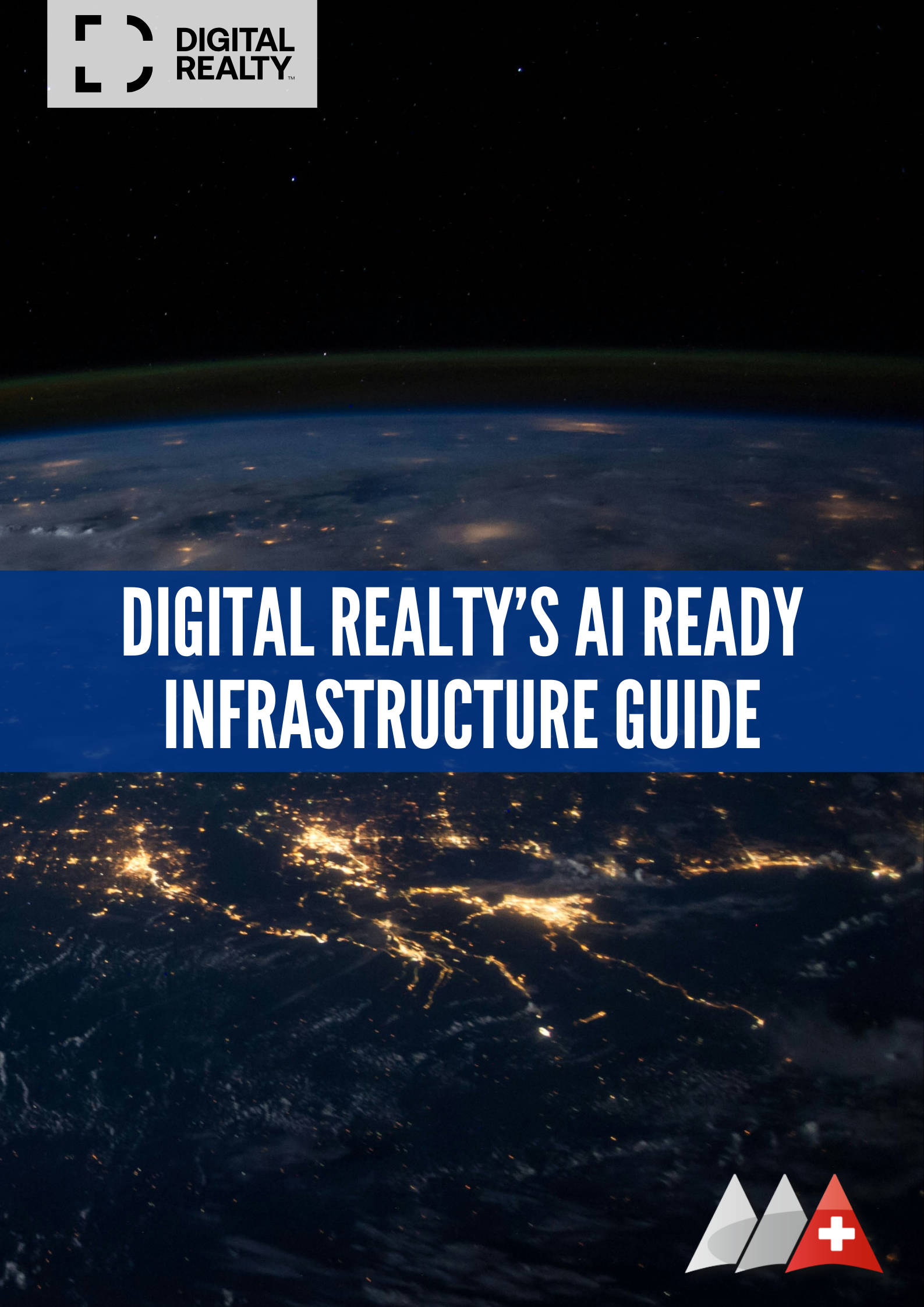How to Build an AI-Ready IT Infrastructure with Digital Realty
Data forms the foundation of every AI project. AI workflows consist of three phases: data aggregation, training, and inference. Data aggregation focuses on collecting and preparing data by verifying and normalizing it for AI use. Training requires vast amounts of high-quality data to enable models—like generative AI using large language models (LLMs)—to learn patterns. The process involves learning, testing, and validating the model’s performance. Inference applies the trained model to make predictions or decisions on new data.
Each phase has distinct IT infrastructure needs. For example, data aggregation benefits from decentralized processing at the network edge to reduce the impact of data gravity—the challenge posed by large, heavy datasets that are hard to move. Training often requires powerful, centralized compute resources, sometimes at remote sites. Inference, however, should happen close to the data source to minimize latency.
Digital Realty highlights several challenges businesses face when implementing AI workflows: ensuring data quality, supply chain constraints on hardware, aging data center infrastructure, rising storage costs, and managing complex IT interconnectivity. To overcome these, IT leaders need scalable, agile, and growth-oriented infrastructure that can evolve with their AI projects.
Key infrastructure criteria include:
-
Scalability: Quickly scale from proof-of-concept to production without costly overhauls.
-
Growth enablement: Modular and interoperable systems allow long-term expansion and seamless integration with trusted partners.
-
Agility: Rapid access to high-quality data and flexible resources is essential to adapt to changing demands.
-
High-density computing: AI workloads demand 5 to 10 times the power density of traditional applications, requiring specialized cooling like liquid cooling.
-
Hybrid multi-cloud strategies: Balancing on-premise, colocation, and public cloud resources helps optimize costs, control, and data sovereignty.
Digital Realty’s PlatformDIGITAL offers a global interconnected data center ecosystem with over 300 locations, designed to support the diverse needs of AI projects. Their ServiceFabric Connect platform delivers secure, scalable, and adaptable interconnections, enabling seamless data flow across clouds, colocation sites, and partners.
Sustainability is another critical factor. Digital Realty leads in energy-efficient data center certifications and renewable energy usage, helping businesses reduce their environmental footprint while meeting their AI infrastructure needs.
Choosing the right data center partner can make or break AI initiatives. Evaluating partners on cost transparency, expertise, modular scalability, sustainability, connectivity, and innovation readiness ensures a future-proof foundation for AI success.
Along with the latest in AI, we also aim to update on the latest in AI Terminology:
AI Terminology:
Anchoring
Linking AI systems to real-world experiences or knowledge to improve context understanding and response relevance.
Artificial General Intelligence (AGI)
AI with human-like cognitive abilities capable of learning, reasoning, and adapting across diverse tasks.
Automatic Speech Recognition (ASR)
Technology that converts spoken language into text, used in virtual assistants and transcription.
Backpropagation
A training method for neural networks that adjusts connection weights to reduce prediction errors.
Basismodelle (Base Models)
Foundational AI models like large language models (LLMs) used as the starting point for many applications.
ChatGPT
An advanced language model by OpenAI trained on vast text datasets, enabling natural language tasks.
Deep Learning
A subset of machine learning involving multi-layered neural networks to identify patterns in complex data.
Datengravitation (Data Gravity)
The tendency of large data volumes to attract applications and services, making data movement challenging.
Generative KI (Generative AI)
AI that creates new data or content by learning patterns from existing datasets.
Inferenz (Inference)
Using a trained AI model to make predictions or decisions on new, unseen data.
Multi-Cloud & Hybrid Cloud
IT strategies that combine multiple public clouds and colocation/private cloud resources for flexibility and control.

